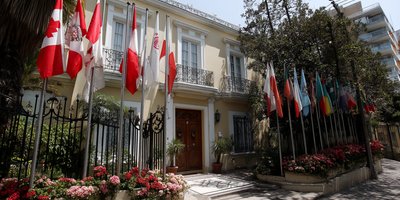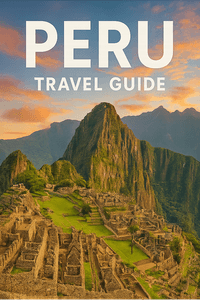When traveling in Peru, particularly to popular destinations like Machu Picchu and Cusco, it’s crucial to be prepared for emergencies. First and foremost, familiarize yourself with local emergency numbers. In Peru, you can dial 105 for police assistance, 116 for fire emergencies, and 117 for medical emergencies. Having a local SIM card can be beneficial, as it allows you to call for help without relying on Wi-Fi.
If you encounter a medical emergency, seek out the nearest hospital or clinic. Many tourist areas have health facilities equipped to handle common travel-related issues, such as altitude sickness, dehydration, or injuries. Carrying a basic first-aid kit is advisable, including medications for common ailments, antiseptics, and bandages.
In case of theft or loss of belongings, report the incident to the local police as soon as possible. Ensure you have copies of important documents, such as your passport, which can simplify the process of obtaining replacements. Stay calm and be patient, as police procedures may take time.
While hiking to Machu Picchu, always inform someone of your plans and expected return time. If you feel unwell or encounter any issues on the trail, do not hesitate to turn back or seek assistance. Local guides are also available and can help navigate emergencies effectively.
In the event of natural disasters like earthquakes, follow local guidelines and stay informed about safety protocols. Peru is located in a seismic zone, so knowing how to react can make a significant difference.
Lastly, engage with local communities and respect their customs. Understanding that cultural practices may influence how emergencies are handled can provide valuable insights. Stay informed about your surroundings and be prepared to adapt your plans as necessary.






